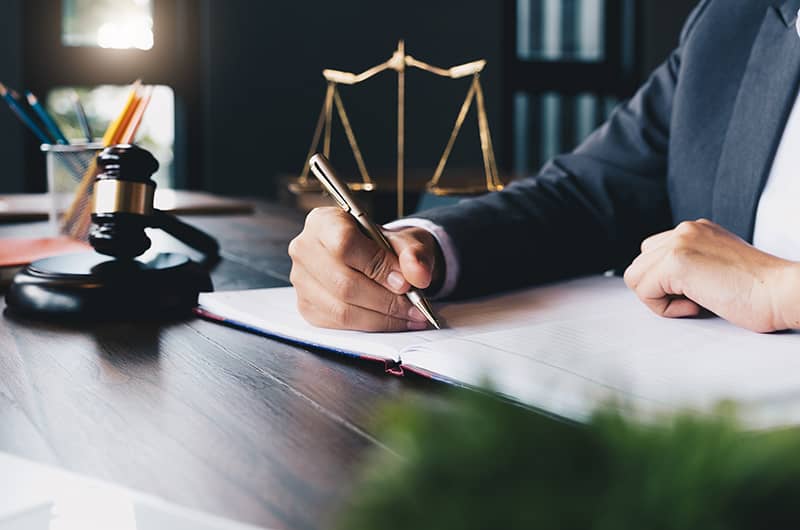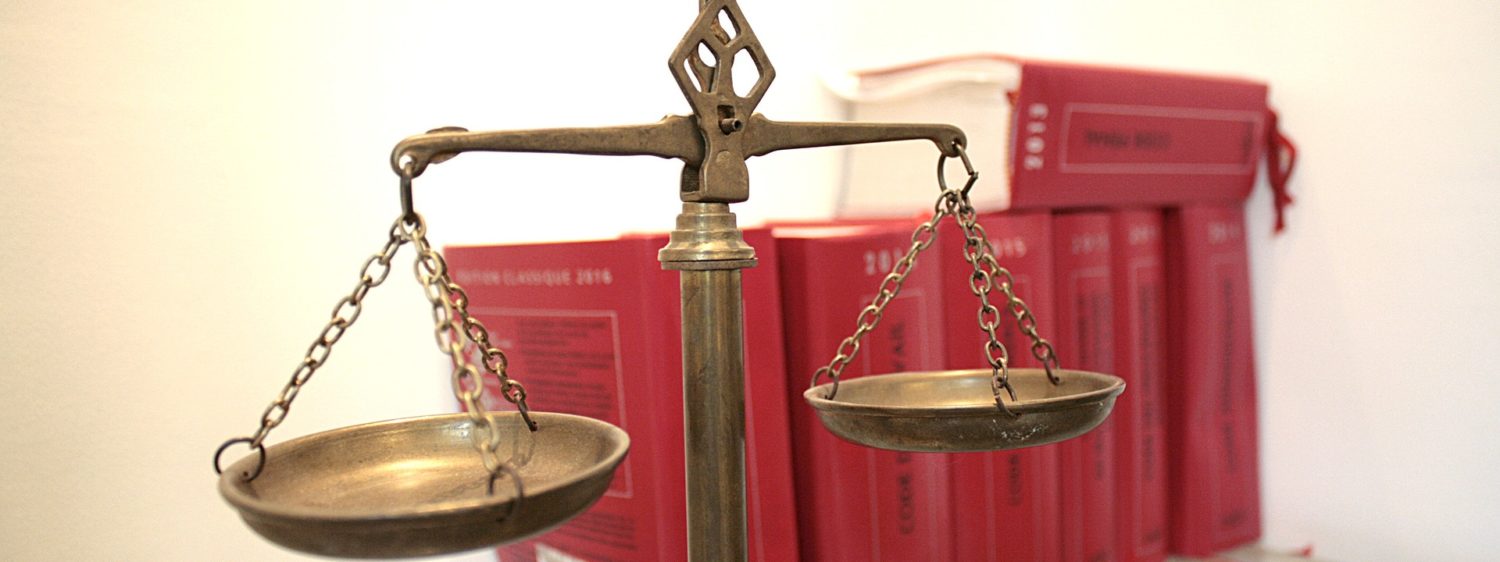
For anyone facing criminal charges, seeking legal representation is crucial. Legal professionals have the knowledge, skills, and expertise to navigate the legal system while safeguarding their clients’ rights. It’s important to understand the distinction between misdemeanor and felony cases concerning offense severity, penalties, and long-term consequences. This article will explore how certain felonies can be reclassified as misdemeanors under specific conditions.
Arraignment
An arraignment is your first court appearance after being charged with a crime. During the arraignment, the judge or court commissioner tells you what charge(s) and maximum penalty you face if convicted. You also will be told that you have the right to an attorney and your rights regarding pre-trial motions. Federal arraignments must occur within 48 hours of arrest, but state courts may allow more time. The Sixth Amendment mandates that defendants be aware of the charges against them, which is why arraignments are significant.
At the arraignment, you will be asked how you plan to plead. A plea of NOT GUILTY means that you deny the allegations. A plea of guilty means that you admit to committing the crime. Your case will then be scheduled for a pre-trial conference, pre-trial or jury trial. If you cannot pay one, the judge will assign one for you at your arraignment. Your lawyer can also waive your arraignment so you do not have to appear personally.
Preliminary Hearing
After an arrest for a felony, the prosecutor will schedule a Preliminary Hearing. After hearing the prosecution and defense testimony, the judge will determine whether there is enough evidence to support a trial. It is similar to a grand jury indictment, but the judge chooses to instead of the jury (12 jurors in a felony case, six jurors in a misdemeanor). Preliminary hearings allow judges to weed out weak prosecutions lacking probable cause. They also provide early opportunities for experienced criminal defense attorneys to challenge witness testimony and cross-examination, often revealing major inconsistencies and fabrications. They also have relaxed evidentiary rules compared to a trial and may allow the defense to present evidence that could not be introduced at a trial.
In many cases, if the judge determines probable cause for a felony conviction, he or she will set the case for trial. If not, the charges will be dismissed. A preliminary hearing may also allow the defense to drop felony and misdemeanor cases Newport Beach CA.
Grand Jury Indictment
As a matter of Constitutional law, prosecutors must first present felony charges to the Grand Jury and have the Grand Jury formally “INDICT” a defendant before proceeding to trial. Grand juries hear testimony from witnesses and the prosecutor, comprising 16 to 23 ordinary citizens. They then decide, by secret vote, whether the evidence is strong enough to warrant a trial. If so, the case will proceed to the petit (trial) jury. The Grand Jury proceedings are privately held without the defendant or his attorney being present. Only the District Attorney or Attorney General’s staff, a court reporter and witnesses are present. The Grand Jury must maintain traditional secrecy but is allowed to disclose, to a limited extent, hearsay evidence that would be blocked at trial. Defendants may waive their right to grand jury indictment as part of plea bargaining and other discussions with the prosecution. However, such a waiver is a serious decision with far-reaching consequences.
Trial
Numerous offenses fall under the misdemeanor or felony categories, and a conviction carries stiff consequences that may include jail time. Jail sentences for misdemeanors are typically less than a year, while felonies may involve decades or lifetimes in prison. Felonies often have more involved legal proceedings and can be tried by a jury. The case will go to trial if you fight the charges or the prosecutor refuses to accept a plea agreement. It is possible to enter a plea before or during the trial process.
If the defendant is charged with a felony, a judge will conduct a preliminary hearing (known as a prelim) before sending the case to Superior Court. After witness testimony at the preliminary hearing, the judge will determine whether there is enough evidence to proceed with a trial. The burden of proof is higher at this stage. Getting the felony charge dropped in favor of a misdemeanor may also be a good idea during this hearing.
